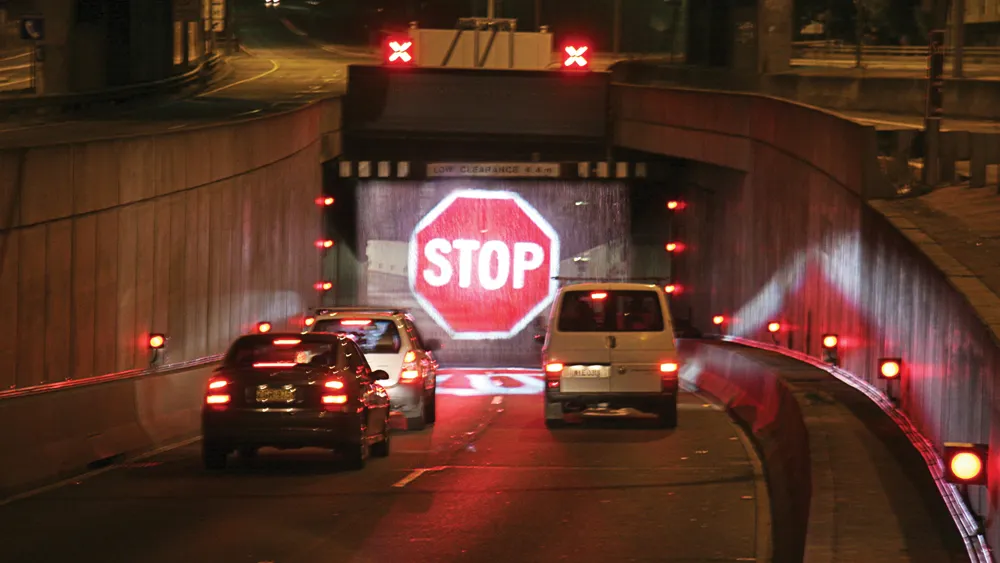Advances in emissions control technology in clean diesel passenger cars and light duty pickup trucks will have a positive effect on efforts to reduce future Greenhouse Gas Emissions, according to the federal government’s newly-released Draft Technical Assessment Report (TAR).
The Draft TAR, which covers vehicle model years 2022-2025, confirms that automotive manufacturers are introducing new technology to market at a rapid pace, and predicts that the MY 2022-2025 standards are achievable with a wide ran
July 25, 2016
Read time: 2 mins
Advances in emissions control technology in clean diesel passenger cars and light duty pickup trucks will have a positive effect on efforts to reduce future Greenhouse Gas Emissions, according to the federal government’s newly-released Draft Technical Assessment Report (TAR).
The Draft TAR, which covers vehicle model years 2022-2025, confirms that automotive manufacturers are introducing new technology to market at a rapid pace, and predicts that the MY 2022-2025 standards are achievable with a wide range of technologies.
According to a mid-term evaluation by the324 US Department of Transportation (DOT), the US Environmental Protection Agency (EPA), and the California Air Resource Board (CARB), despite recent EPA and California ARB compliance actions with respect to light-duty diesel NOx emissions, diesel engines remain a technology for the reduction of GHG emissions from light-duty vehicles. Advances in NOx and PM emissions control technology are bringing light duty diesels fully into compliance with Federal Tier 3 and California LEV III emissions standards at a cost that is competitive with the cost-effectiveness of other high efficiency, advanced engine technologies.
The Draft TAR states that diesel engines are continuing to evolve using technologies similar to those being introduced in new light-duty gasoline engines and heavy-duty diesel truck engines, including the use of advanced friction reduction measures, increased turbocharger boosting and engine downsizing and the improved integration of exhaust emissions control systems for criteria pollutant control, among others.
According to the Draft TAR, the best Brake Thermal Efficiency (BTE) - a measure of energy efficiency - of advanced diesel engines under development for light duty applications is now 46 percent and thus is approaching that of heavy-duty diesel truck engines. In contrast, gasoline engines today achieve around 37 per cent.
The draft report also summarises the results of commissioned research surveying auto reviews of advanced fuel economy technologies. Three-out-of-four auto writers and auto analysts report a favourable rating for diesel technology concerning consumer acceptance, which was among the highest rated powertrains.
The Draft TAR, which covers vehicle model years 2022-2025, confirms that automotive manufacturers are introducing new technology to market at a rapid pace, and predicts that the MY 2022-2025 standards are achievable with a wide range of technologies.
According to a mid-term evaluation by the
The Draft TAR states that diesel engines are continuing to evolve using technologies similar to those being introduced in new light-duty gasoline engines and heavy-duty diesel truck engines, including the use of advanced friction reduction measures, increased turbocharger boosting and engine downsizing and the improved integration of exhaust emissions control systems for criteria pollutant control, among others.
According to the Draft TAR, the best Brake Thermal Efficiency (BTE) - a measure of energy efficiency - of advanced diesel engines under development for light duty applications is now 46 percent and thus is approaching that of heavy-duty diesel truck engines. In contrast, gasoline engines today achieve around 37 per cent.
The draft report also summarises the results of commissioned research surveying auto reviews of advanced fuel economy technologies. Three-out-of-four auto writers and auto analysts report a favourable rating for diesel technology concerning consumer acceptance, which was among the highest rated powertrains.








